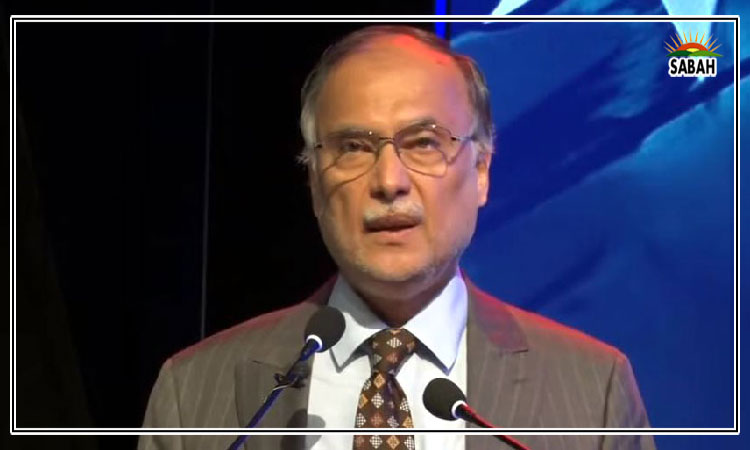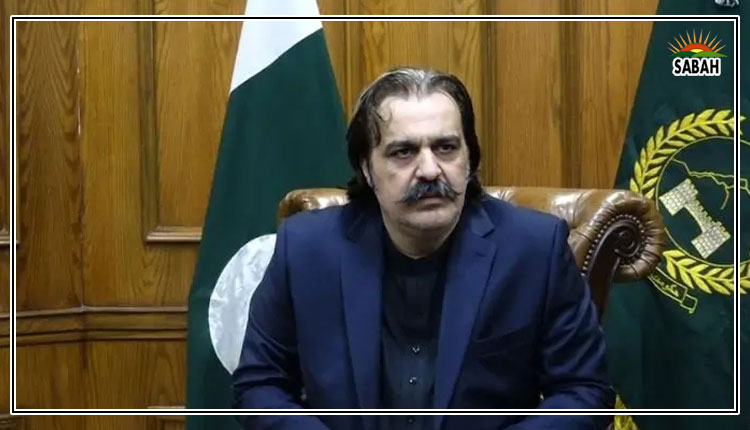Military courts?…Dr Farrukh Saleem
The Senate of Pakistan, the upper house of parliament, has endorsed a resolution asserting that the Supreme Courts judgment on military courts encroaches upon the legislative prerogatives of parliament. The resolution emphasizes that actions against terrorists should be conducted through military courts, which have been in operation since 1967.
Heres a partial list of countries that try civilians in military courts: United States, Turkey, India, Egypt, Russia, Columbia, South Korea, Bangladesh, Iran, Israel, Syria, Saudi Arabia, North Korea, China, Myanmar, Afghanistan, Iraq, Libya, Sudan, Yeman, Bahrain, United Arab Emirates, Oman, Qatar, Ukraine, Algeria, Nigeria, Venezuela, Brazil, Mexico, Philippines, Indonesia, Malaysia, Brunei, Singapore, Sri Lanka, Vietnam, Laos, Cambodia, Zimbabwe and Uganda.
In the US, the trial of civilians in military tribunals is regulated by the Military Extraterritorial Jurisdiction Act (MEJA) and the Uniform Code of Military Justice (UCMJ). The US has military commissions designed to try civilians involved in terrorism or violations of the laws of war. Lincoln conspirators, all civilians, were tried by a military commission. President Bush established military commissions through an executive order to try civilians suspected of terrorism-related offenses.
In 2016, Turkish military courts tried civilians, including journalists, academics, and activists. The legal basis for trying civilians in military courts was the Decree Law No 667, which granted the military judiciary jurisdiction over civilians accused of crimes related to the coup attempt. This decree, along with subsequent amendments, empowered military courts to hear cases that would typically fall under civilian jurisdiction.
In India, the Armed Forces Special Powers Act (AFSPA) grants special powers to the armed forces allowing for the trial of civilians in military courts. In 1993, the government invoked the Terrorist and Disruptive Activities (Prevention) Act (TADA) to try civilians accused in the 1993 Bombay Bombings Case.
In 2007, some three-dozen civilians, all members of the Muslim Brotherhood, were tried in military courts in Egypt. Three Al Jazeera journalists, who were arrested on charges of spreading false news were also tried in a military court. In 2018, a top auditor, who was arrested on the charge of spreading false news harmful to the military, was tried in a military court. The same year, an Egyptian journalist was tried in a military court for charges that included spreading false news and joining an outlawed group. Civilians in Egypt can be tried in military courts under Law No. 25 of 1966, commonly known as the Law on the Protection of the Armed Forces.
Russia employs military courts to try civilians under the Federal Law on Countering Terrorism. Similarly, Bangladesh utilizes the Bangladesh Army Act for trying civilians in military courts. In Myanmar, the president holds the authority to sanction the trial of civilians in military courts. Bahrain, in 2017, amended its constitution to confer powers upon military courts for the trial of civilians. Singapore has the Internal Security Act (ISA), which allows for the trial of civilians in military courts. In Iran, the Law of the Establishment and Jurisdiction of Revolutionary Courts, allows civilians to be tried in military courts.
To be certain, according to the International Covenant on Civil and Political Rights (ICCPR), civilian trials in military courts are not expressly prohibited, provided that three fundamental principles are upheld: the right to a fair trial, the presumption of innocence, and the right to legal representation.
Courtesy The News












